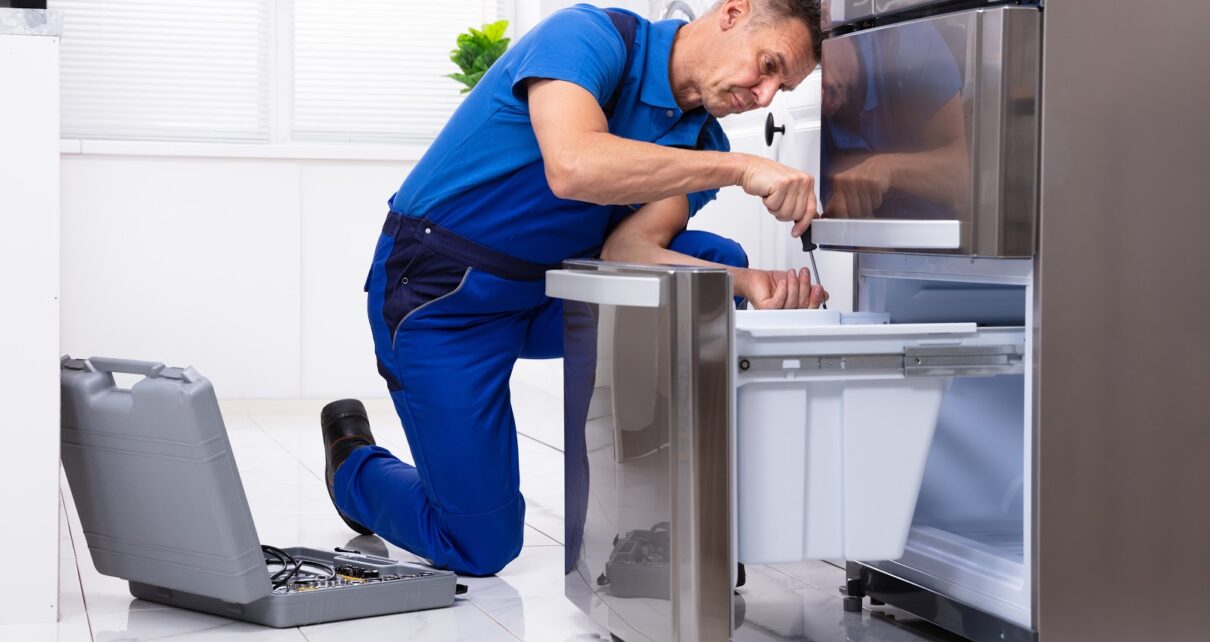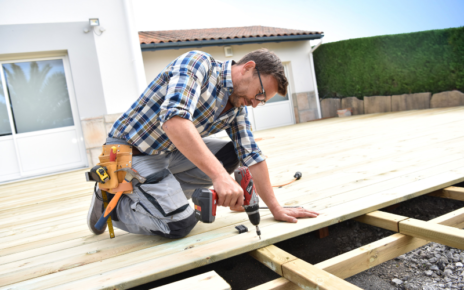In the modern household, appliances are the unsung heroes, tirelessly working to make our lives easier. From refrigerators keeping our food fresh to washing machines handling our laundry, these devices streamline our daily routines. However, when these appliances break down, it can disrupt our lives and throw a wrench into our plans.
Appliance repair is a crucial skillset that can save you time, money, and frustration. Whether it’s a malfunctioning dishwasher or a faulty dryer, understanding how to troubleshoot common issues can often lead to a quick and cost-effective solution. In this comprehensive guide, we’ll delve into the world of appliance repair, offering invaluable tips and expert advice to help you keep your household running smoothly.
Understanding Common Appliance Issues
Before diving into repair techniques, it’s essential to recognize the signs of a malfunctioning appliance. Common issues include:
No Power: If your appliance fails to turn on, it may indicate a power supply problem or an issue with the appliance’s internal components.
Strange Sounds or Odors: Unusual noises or smells coming from your appliance can signal mechanical problems or electrical issues.
Inconsistent Performance: Appliances that struggle to maintain proper temperature, pressure, or cycle times may have underlying issues that require attention.
Leakage: Water or gas leakage from appliances like refrigerators, dishwashers, or ovens can indicate damaged seals, hoses, or connections.
Basic Troubleshooting Techniques
When faced with a malfunctioning appliance, follow these basic troubleshooting steps:
Check Power Supply: Ensure the appliance is properly plugged in and that the circuit breaker hasn’t tripped.
Inspect Connections: Examine power cords, hoses, and connections for signs of damage or disconnection.
Clean Filters and Vents: Clogged filters and vents can impede airflow and cause appliances to overheat or underperform.
Refer to the Manual: Consult the appliance’s user manual for troubleshooting tips and maintenance guidelines specific to your model.
When to Call a Professional
While many appliance issues can be resolved through DIY troubleshooting and repair, some problems require the expertise of a professional technician. Consider contacting a professional if:
Safety Concerns: Issues involving gas appliances, electrical wiring, or complex mechanical components should be addressed by trained professionals to avoid safety hazards.
Warranty Coverage: Attempting to repair appliances under warranty may void the warranty agreement. Always check the terms and conditions before attempting repairs yourself.
Lack of Experience: If you’re unsure about diagnosing or repairing an appliance issue, it’s best to seek assistance from a qualified technician to avoid causing further damage.
Preventative Maintenance Tips
Regular maintenance can extend the lifespan of your appliances and reduce the likelihood of breakdowns. Incorporate these preventative measures into your routine:
Clean Regularly: Remove dust, dirt, and debris from appliance surfaces, filters, and vents to prevent airflow restrictions and overheating.
Inspect Seals and Gaskets: Check door seals and gaskets on refrigerators, ovens, and dishwashers for signs of wear or damage, and replace them as needed to maintain proper insulation and efficiency.
Monitor Performance: Pay attention to any changes in your appliance’s performance, such as unusual noises, odors, or fluctuations in temperature or pressure.
Schedule Professional Maintenance: Arrange for annual or biannual maintenance checks with a qualified technician to identify and address potential issues before they escalate.
By understanding the basics of appliance repair and maintenance, you can minimize disruptions to your daily routine and ensure the longevity of your valuable household appliances. Whether you’re tackling a minor repair or seeking professional assistance, proactive





